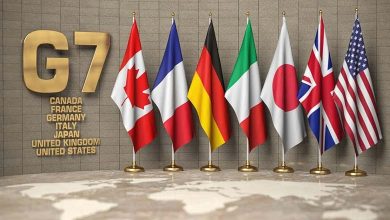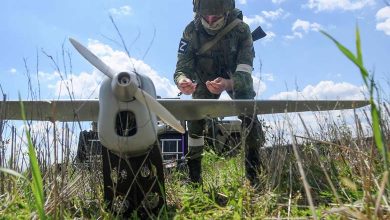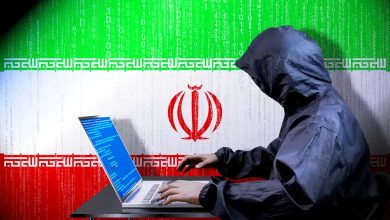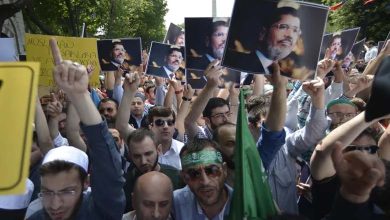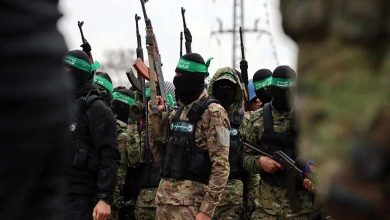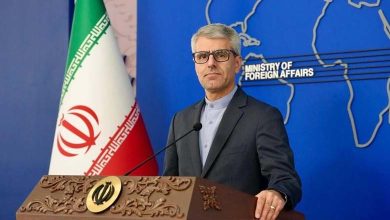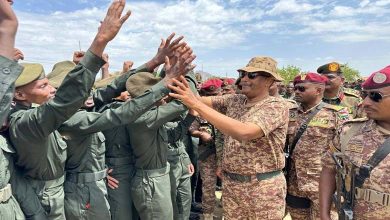Ireland Refutes Algerian and Polisario Claims Regarding Ghali’s Visit to Dublin
The Irish Embassy in Morocco confirms that Ibrahim Ghali did not visit Dublin as part of a state visit, while the separatist delegation did not receive any official reception
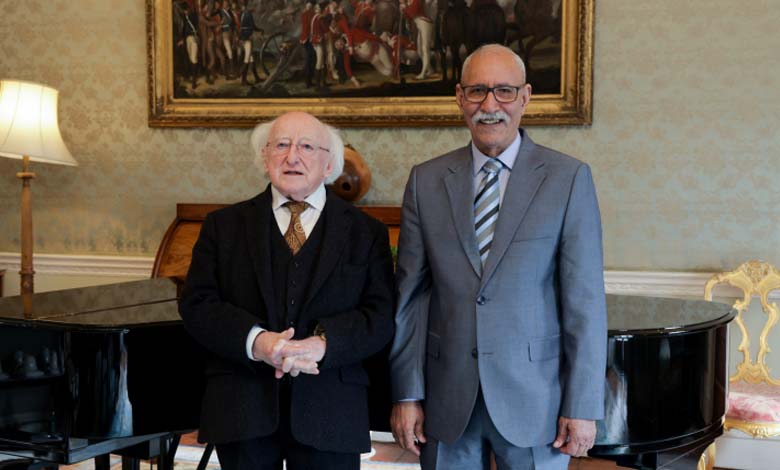
The Irish Embassy in Morocco has affirmed that the visit made by Ibrahim Ghali, leader of the separatist Polisario Front, to Dublin last week was not official, thus refuting Algerian claims that it was a “state visit,” while reiterating Ireland’s commitment to its position on the artificial conflict over the Moroccan Sahara and its support for UN efforts.
The Irish Embassy in Morocco emphasized that “Dublin does not recognize the imaginary entity,” clarifying that Ghali did not visit Dublin upon an official invitation but rather on a private visit, according to the Moroccan website “Medi 21.”
It stated on the platform ‘X,’ formerly Twitter, that “Ireland’s long-term position regarding the Moroccan Sahara conflict is that it fully supports the efforts led by the United Nations and the Secretary-General to achieve a final and mutually acceptable political settlement of this issue.”
This official denial demonstrates the failure of the separatist leader’s efforts to disrupt the close relations between Ireland and Morocco, which is a reliable partner of the European Union and has various agreements and partnerships in different economic sectors.
Irish media also noted that “representatives of the Polisario Front visited Ireland last week to attend an event organized by an obscure separatist-supporting association active in the European country,” according to the Moroccan website “Tel Quel.”
The Irish Embassy in Morocco denied that the separatist delegation received any official reception upon arrival in Dublin, contradicting what Algerian media had promoted as a response to an official invitation.
This is not the first time that Algeria has employed disinformation tactics and fabricated narratives without any basis, driven by its plan to prolong the artificial conflict over the Moroccan Sahara and its fervent efforts to provide political cover for Polisario leaders and support the argument of the “referendum for self-determination.”
Two weeks ago, Algerian media distorted a statement made by the United States Ambassador to Algeria, Elizabeth Moore Aubin, claiming that she had expressed support for the “referendum for self-determination,” when in fact she had noted that “the artificial conflict over the Moroccan Sahara had lasted longer than necessary.”
Official Irish data indicates that “Dublin’s exports to Rabat reached around 70 million euros in the first half of 2023, an increase of about 21% compared to 2022,” according to the same source.
The Irish Ministry of Foreign Affairs reaffirmed last November its commitment to a “peaceful resolution of the artificial conflict over the Moroccan Sahara,” emphasizing that it “has consistently held and reaffirmed this position during its non-permanent membership in the United Nations Council.”
It also asserted that over the past five years, it had “not provided any direct or indirect financial assistance to the Sahrawi refugee camps in Tindouf, Algeria.”
The Irish denial of Algerian claims that the visit was official deals a significant blow to the separatist Front, which faces deepening isolation day by day, as international recognitions of the Moroccanity of the Sahara multiply and quasi-international consensus on the effectiveness of the autonomy proposal under Moroccan sovereignty, proposed by Rabat, as the sole solution to resolving the artificial conflict.




